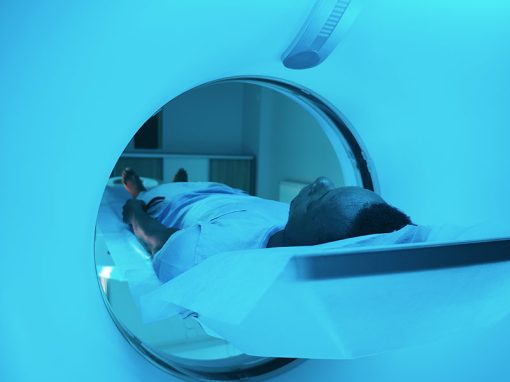THE CE-MARKING PROCEDURE IS NOT SUFFICIENT TO PROVIDE APPROVED MEDICAL DEVICES WITH A CHANCE OF OBTAINING SPC PROTECTION.
The CJEU firmly distinguishes between approval in accordance with the Medicinal Products Directives and approval in accordance with the Medical Devices Regulation. As such, medical devices are not able to benefit from SPCs.
The time-consuming and costly regulatory review of new pharmaceuticals led to the Supplementary Protection Certificate (SPC) system being introduced in 1992. The SPC system is designed to compensate for the shortening in effective patent term that arises from the laborious nature of pharmaceutical research.
In the literal sense, Article 2 of the SPC Regulation (EC) 469/2009 recites that a product is only eligible for SPC protection if it has been approved in accordance with the Medicinal Products Directives, i.e. Directive 2001/83/EC or Directive 2001/82/EC.
However, some national patent offices have taken the position that a CE certification (according to the Medical Devices Regulation (EU) 2017/745) for a medical device/drug combination should be treated as being equivalent to a marketing authorization issued in accordance with the Medicinal Products Directives.
Decision of the CJEU
To resolve any legal uncertainty, the above issue was referred to the CJEU (C-527/17) by the German Federal Patent Court.
In the specific case before the CJEU, Boston Scientific had applied for an SPC for paclitaxel on the basis of the CE certification for a paclitaxel-eluting stent.
Nevertheless, the CJEU ruled that Article 2 of the SPC Regulation must be interpreted to the effect that a CE certification for a medical device comprising an active ingredient as an integral part cannot be equated to an approval in accordance with the Medicinal Products Directives, even if the active ingredient has been analogously assessed by way of the consultation process.
Conclusion
The CJEU has managed to provide some legal certainty in the present case and also more widely. In cases where pharmaceutical research results in a final product where the therapeutic effect of the active ingredient is only secondary to the overall effect of the product, SPC protection is unlikely to be available.
Share this article
Our news articles are for general information only. They should not be considered specific legal advice, which is available on request.









